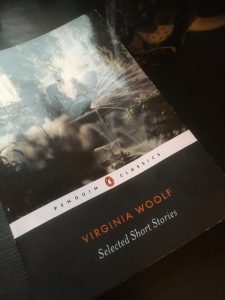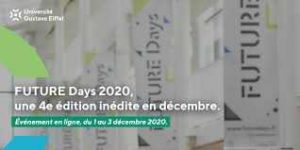For this autumn’s course in methods in literary theory, I decided on Virginia Woolf’s short story “Solid Objects” (1920). Over the course of six sessions, we applied a range of methods and approaches to the text. Each week, I gained new insights about the text and about literary studies’ ability to draw out meaning. Delving into the text like John with his fingers into the sand, only to come up with something that is strangely nondescript and still full of power and meaning. Not surprising to see that materialist approaches to the text have been particularly foregrounded in the past few decades. Thanks especially to all the students who actively participated despite the difficult circumstances.

The approaches and methods we applied:
Close reading
Theory of mind
Context
Space
Writing as method
Materiality
Any approaches or methods that should definitely be included if I teach the same class again next year? Contact me with ideas at lieven.ameel [a] tuni.fi
Course: KIRA2 – menetelmät ja sovellukset / “methods and applications”

